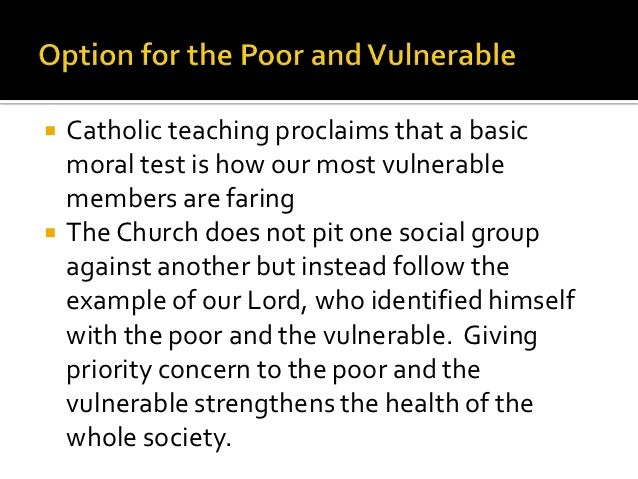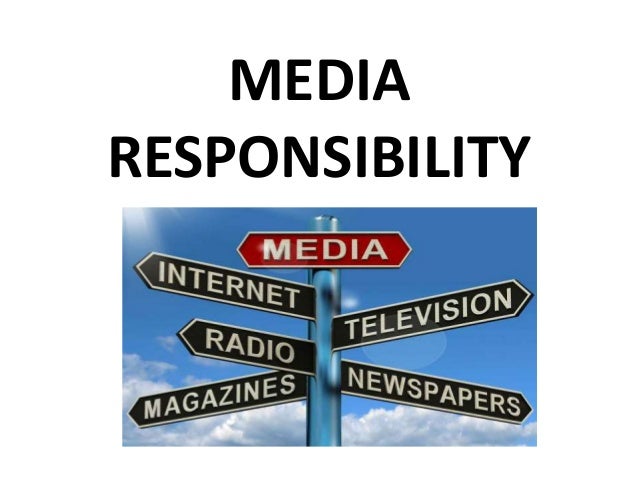An article in the Catholic Peace Weekly is headlined: As religions need freedom, so does humanity need religion to protect freedom. The article considers two writers who have little sympathy for Christianity and yet express ideas not foreign to Christianity.
The world's interest in the epidemic is growing and the novel The Plague by Albert Camus (1913~1960) has again become a best seller, thanks to Corona 19. Camus himself called the book an "anti-Christian book." People are now busy opening this book rather than the Bible. The interest in Yuval Harari the author of Homo Deus is no less of interest. The world media confronts and consults historians, not religious leaders, to overcome the crisis facing humanity.
What are the challenges to religion revealed through the Corona 19 phenomenon? The writer looks at the messages these two intellectuals present to see if religion can come down from its abstractness and express the universality of truth based on the concreteness of reality.
Why are people reading The Plague (1947) again? The novel was rated as a masterpiece at the end of World War II. It's based in the port city of Algeria, Oran. The Plague tells us that life is a rebellion against this absurd world but we don't give up hope even in the face of cruel reality and death from the plague.
The interpretations of the book are many. The Plague was used to symbolize the internalization of the war thinking prevalent at the time in the setting of the closed city of Oran and the way the characters in the novel respond to the reality of the plague.
Another interpretation would emphasize the human solidarity we should have in the face of the crisis, whether as an individual or as an entire group like the Oran citizens. There is no pure individual situation for Camus. Each situation affects all and requires a common solution.
The importance of solidarity also agrees with the author of Sapiens and Homo Deus. In an interview, Harari pointed out that the greatest danger threatening humanity is hate, greed, and ignorance, which is the human inner devil, not the coronavirus, and hopes they will overcome the current crisis through compassion and international solidarity.
Harari predicted a change in the traditional perception of death after coronavirus. In a contribution to the British daily newspaper The Guardian on April 20, he said, "There are technical solutions to all technical problems. To overcome death, we do not have to wait for Jesus' return. Just a few scientists in the lab. In the past, death was a profession for priests and theologians, but now the engineers in the lab have taken over."
This is the same as the content analyzed through Homo Deus published in 2015 and indicates that his opinion did not change even in the corona situation. In the same book, Harari said, "Modern science and culture take a completely different attitude toward life and death. They do not regard death as a metaphysical mystery, and, of course, they do not see the meaning of life coming from death."
In The Guardian, he said, "The best minds of mankind are no longer trying to figure out what death means. Instead, they are busy prolonging lives." Because of the advancement in science and technology, he predicted that humans would put more emphasis on extension rather than finding religious and metaphysical implications for death.
At the same time, Camus and Harari recognize the problems and inequality of human history that will remain and not a rosy future brought by science. Camus in his writings drew limitations on the scope and role of science, saying, "Science explains functions, not existence."
In The Guardian, Harari said, "Doctors can't solve the mystery of human existence, they can only provide extended lives." He continued, "If human life is extended indefinitely within a few centuries, it is only possible for a small number of billionaire children."
Both warn against 'totalitarianism'. Critics point out that Camus, who went through World War II, viewed war, totalitarianism, and Nazism as a catastrophe.
In the "Post Coronavirus World," published in the Financial Times in March, Harari stressed that citizens do not have to choose between personal privacy and health, and have the right to both. He warns of the shift of the center of gravity to the totalitarian surveillance system in the name of the health of citizens in the corona crisis, which is not a good sign.
Despite Harari's criticism of the values and meanings of religion, there exist mutual ideological agreements on human consciousness and freedom. Pope Benedict XVI emphasized in The Light of the World (2010) that "as humans developed, their abilities increased, but not their moral and human maturity and potential. We have to regain the internal balance and also need mental growth."
Pope Benedict XVI also warned in the Future Challenges (2005) that he was concerned and warned that scientific development would produce 'new oppressions' and a 'new ruling class'. Pope stressed that just like religion needs freedom, freedom needs religion to protect that freedom. The true nature of science disappears when science does not contribute to respect for human beings but aims only for the success of science itself.
Despite Harari's view that science has replaced religion and that Silicon Valley will eventually create a new religion, it still remains the role of religion to fulfill its mission of criticizing the reckless praise of science. Will we have a new understanding of religion, including Christianity, in the 21st century? Will the views of the Camus and Harari and other intellectuals be reviewed in this new situation of the Coronavirus and its lessons. The writer concludes the article with the mention of the priest who appears in the novel The Plague, Fr. Paneloux, who dies but from causes unrelated to the plague. His experience of the Plague changed him.




